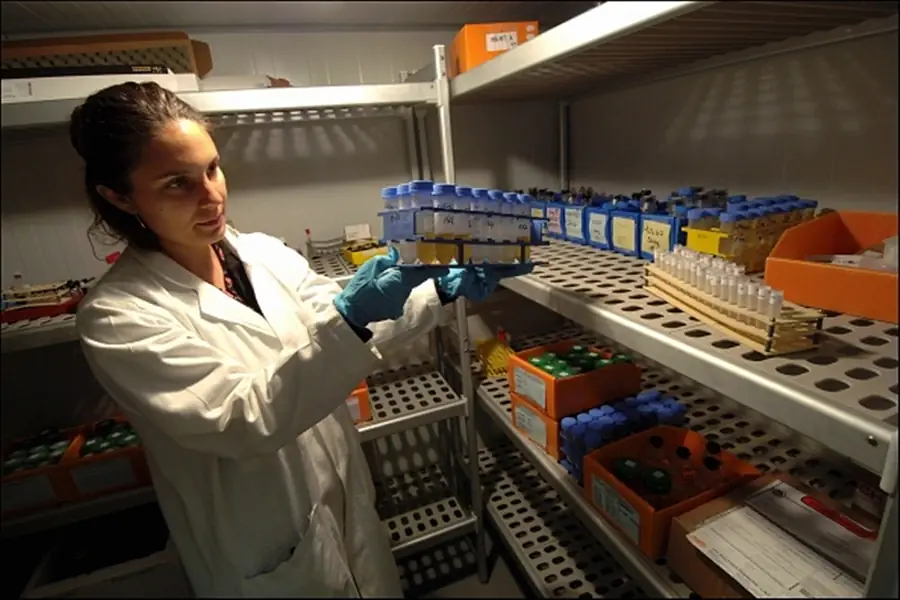New Delhi, January 25, 2024: Most of you pee around 6-7 times a day but how often do you actually look at your urine?
If you aren’t paying attention to your urine, you could be missing a lot of information about the state of your health – including when you need to drink more water, drink less water or seek medical assistance.
Everything from how urine appears in colour and sensation of peeing make that need to be addressed. If you do notice any of these changes you should see your doctor for a consultation.
What changes in the colour of pee mean
Clear pee
If your pee is completely clear, it could be an indicator that you have been drinking too much water. According to the Mayo Clinic, if you drink too much water it becomes more difficult for your kidneys to get rid of the excess water and the sodium content in your blood becomes diluted. Whilst rare, in life-threatening cases this can turn into hyponatremia.
Orange pee
If your pee is orange-like in colour it could mean you are not drinking enough water and could be dehydrated. However, if you are passing light-coloured stools, this could be due to an issue with your bile duct.
Red or pink pee
If your pee is red or pinkish in colour you probably ate something that has dyed your pee this colour. However, this can also be a symptom of an enlarged prostate, kidney stones or tumours in the bladder.
Brown pee
If you have brown urine this is likely due to dehydration, your diet, a side effect of medication or perhaps more worryingly, an indicator of liver disease.
Cloudy pee
If your pee is cloudy then this can also indicate dehydration or a urinary tract infection (UTIs), chronic disease or kidney conditions. If your pee is cloudy and foamy, you should seek medical assistance as soon as you can.
What painful urination can be a sign of
If you feel pain or burning when you pee, it could be a sign of infection. According to Mayo Clinic, when females experience this sensation, it is often caused by UTIs and in males, it’s often caused by urethritis and prostate problems.
Mayo Clinic adds that pregnant people experiencing this alongside other symptoms should seek medical attention.
The signs of kidney disease
Kidney disease comes with progressed changes to changes in urine and urination including:
- Making less urine
- Needing to pee more often
- Seeing blood in urine
- Foamy urine
However, you may experience additional signs if you have a kidney disease including insomnia, feeling tired, problems with concentration, swelling in limbs, swelling in the face and muscle cramps.





